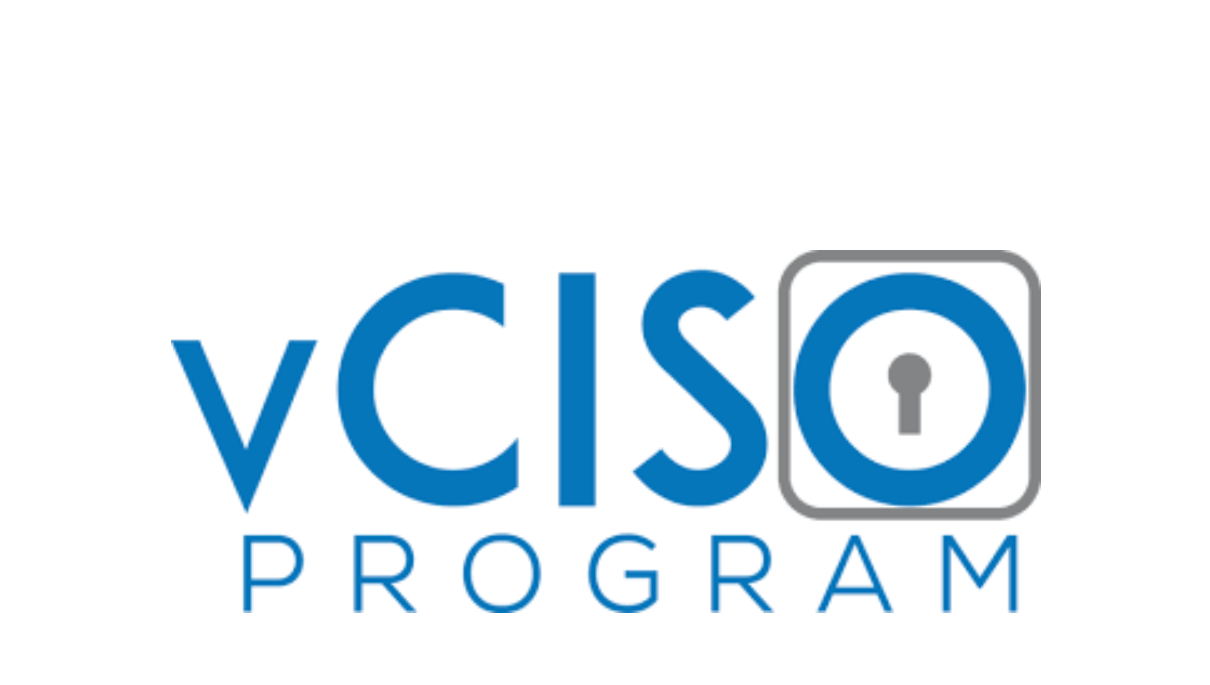


about us
We help you build a comprehensive security program for your organization and business needs
A virtual Chief Information Security Officer (vCISO) can be an effective solution for organizations that want to benefit from the expertise of a seasoned professional without the costs and resource requirements of a full-time hire.
vCISOs can create and implement security policies, procedures, and awareness programs that align with your organization’s values and objectives.
Building a culture of security requires a top-down approach that equates proactive security planning with overall business success.
The Future of Cybersecurity in 2025 and Beyond
The future of cybersecurity is marked by rapid evolution as cyber threats become more sophisticated and persistent. With the rise of AI-powered cyberattacks, hackers can now automate malicious activities like phishing, ransomware, and data breaches, making these attacks faster, harder to detect, and more widespread. According to a recent report, cybercrime is projected to cost the world $10.5 trillion annually by 2025, up from $3 trillion in 2015. As businesses increasingly rely on digital infrastructures and cloud solutions, the attack surface expands, leaving organizations vulnerable to new threats.
On the flip side, AI and machine learning are also being harnessed by security professionals to predict, identify, and mitigate risks in real time. The growing complexity of threats underscores the urgent need for comprehensive cybersecurity strategies that not only defend against today’s attacks but also anticipate and neutralize future risks.

